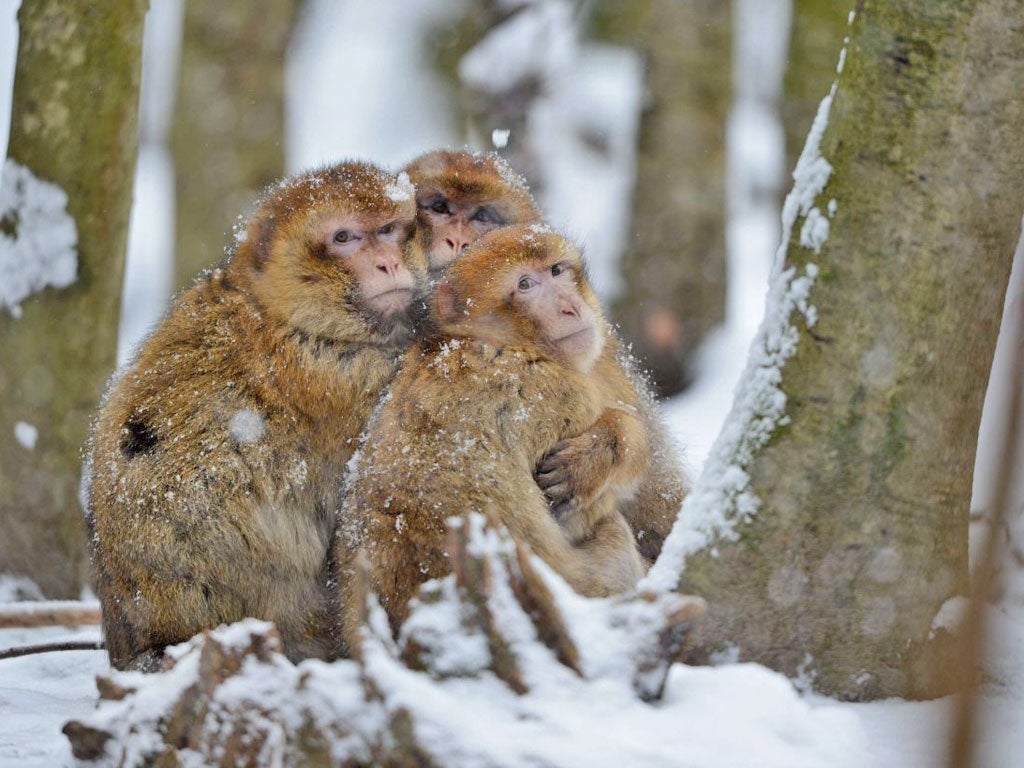Why a 'lads' night out' can actually be good for you, according to science
Researchers studied a breed of apes known for human-like behaviour

Your support helps us to tell the story
From reproductive rights to climate change to Big Tech, The Independent is on the ground when the story is developing. Whether it's investigating the financials of Elon Musk's pro-Trump PAC or producing our latest documentary, 'The A Word', which shines a light on the American women fighting for reproductive rights, we know how important it is to parse out the facts from the messaging.
At such a critical moment in US history, we need reporters on the ground. Your donation allows us to keep sending journalists to speak to both sides of the story.
The Independent is trusted by Americans across the entire political spectrum. And unlike many other quality news outlets, we choose not to lock Americans out of our reporting and analysis with paywalls. We believe quality journalism should be available to everyone, paid for by those who can afford it.
Your support makes all the difference.While many men enjoy a night out with their male friends, they haven't yet had science on their side.
However, a new study by the University of Gottingen, Germany, indicates that male bonding time, such as a 'lads' night out' could actually have a healthy impact on stress levels in men.
Men suffer less anxiety when in all male groups, and male bonding time has been found to be less stressful than time spent with a partner or family, the research indicates.
Stress-related illnesses were found to be more common in females and couples.

The study also concluded that men look after each other better.
The research observed Barbary Macaques, which are known for their human-like behaviour. The male apes were less stressed when with their pack as opposed to their family or partners.
Christopher Young of the university's Primate Social Evolution Group said to the Telegraph: “"If male primates live in multimale groups they usually fight fiercely over access to females, but males can develop friendly relationships with a few group mates.
"Male macaques form social bonds similar to human friendships that buffer them against day-to-day stressors.”
Join our commenting forum
Join thought-provoking conversations, follow other Independent readers and see their replies
Comments